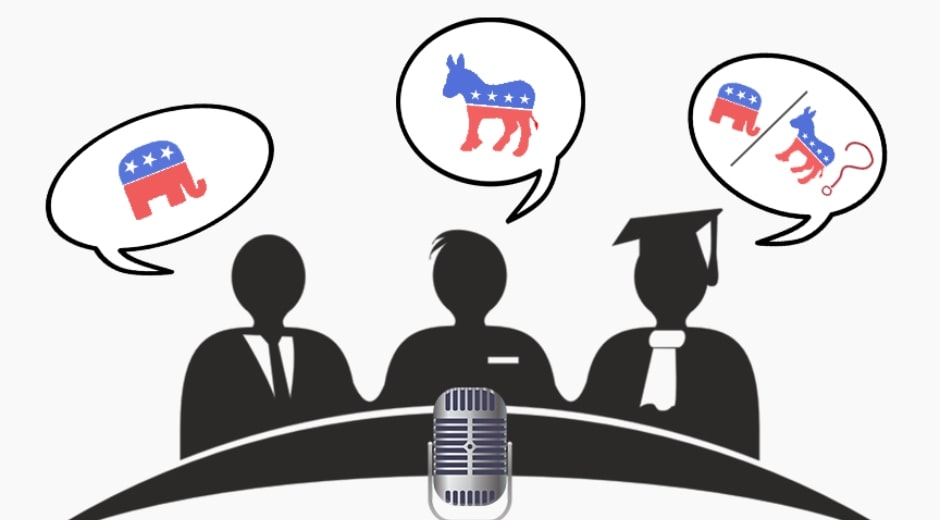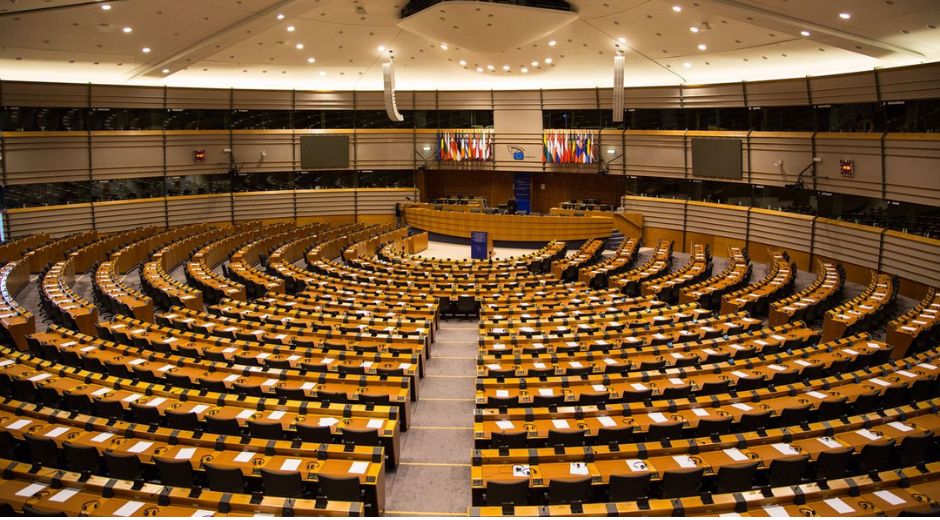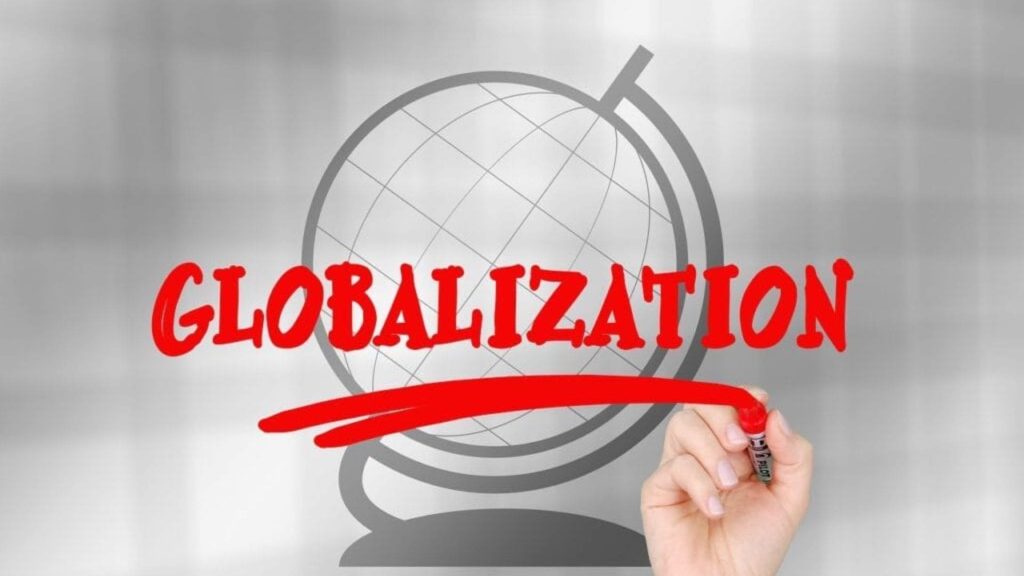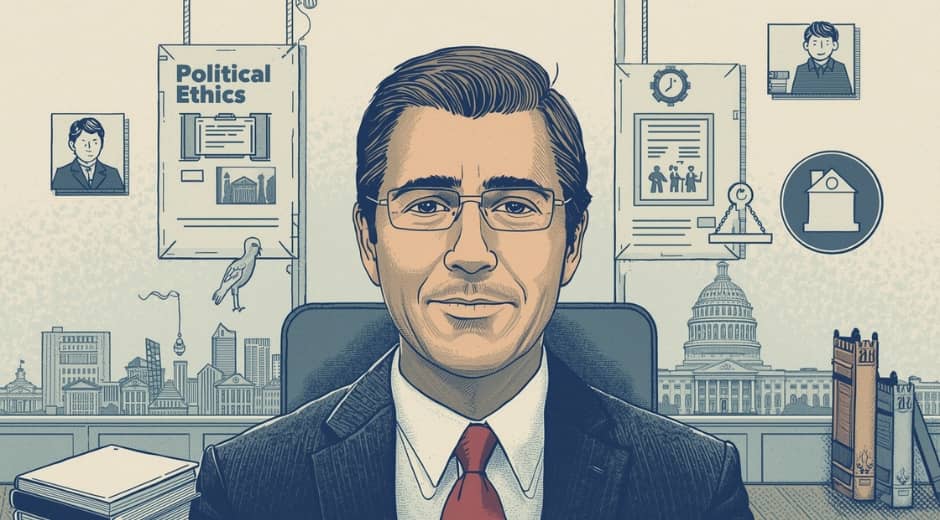Climate Change Policies: Political Will vs. Public Opinion
Climate Change Policies: Political Will vs. Public Opinion
Introduction
Climate change remains one of the most pressing challenges of our time. Governments worldwide have introduced various climate change policies to mitigate environmental damage, reduce carbon emissions, and transition toward renewable energy. However, there is often a noticeable gap between political action and public perception. While policymakers may prioritize certain initiatives, public opinion may not always align, creating a tension that shapes the effectiveness of these policies.
This article explores the dynamics of climate change policies, the factors influencing political will, public reaction, and how alignment between the two can lead to more impactful environmental outcomes.
1. Understanding Climate Change Policies
Climate change policies encompass a range of legislative, regulatory, and incentive-based actions aimed at addressing climate-related issues. These can include carbon taxes, renewable energy mandates, fuel efficiency standards, and international climate agreements. Governments implement these measures to fulfill environmental targets and promote sustainable development.
The complexity of these policies arises from the need to balance economic growth, social equity, and environmental responsibility. In many countries, policymakers face political pressure from industries, lobbyists, and voters, which affects the design and implementation of climate change policies.
2. The Role of Political Will
Political will plays a pivotal role in shaping climate change policies. Leaders must navigate competing priorities, such as economic stability, job creation, and energy security, while addressing environmental concerns. Strong political commitment can accelerate the adoption of ambitious climate policies, whereas weak commitment may stall progress.
For example, nations that actively invest in renewable infrastructure demonstrate that political will can translate into tangible outcomes. Conversely, in areas where climate change is politically contentious, policies may remain limited, highlighting the critical role of leadership in advancing environmental agendas.
3. Public Opinion and Its Influence
Public perception significantly impacts the trajectory of climate change policies. Citizens’ awareness, attitudes, and willingness to support regulatory changes influence policymakers’ decisions. Surveys consistently show varying levels of concern, from urgency to skepticism, shaping which policies gain traction.
Public advocacy, activism, and grassroots movements often drive momentum for stricter climate initiatives. Campaigns highlighting climate science, environmental justice, and economic benefits can encourage broader acceptance and compliance with climate change policies.
4. Discrepancies Between Political Will and Public Opinion
One of the main challenges in environmental governance is the gap between climate change policies proposed by governments and public reception. Policymakers may implement measures that face resistance from voters, especially if costs are perceived as high or benefits as abstract.
This discrepancy can result in policy rollback, delays, or half-measures that compromise effectiveness. For instance, carbon taxes, though effective in reducing emissions, often face public backlash due to perceived financial burden. Addressing these gaps requires transparent communication and education about the long-term benefits of climate change policies.
5. Case Studies of Successful Policy Alignment
Countries that have successfully aligned political will with public opinion provide valuable lessons. Scandinavian nations, for example, have implemented robust climate change policies alongside comprehensive public education campaigns. Citizens are informed about the economic and health benefits of sustainable practices, leading to broad support and effective policy outcomes.
Community engagement, participatory decision-making, and accessible information help bridge the gap between political action and public expectation. These strategies reinforce trust in government and foster collective responsibility toward climate objectives.
6. Economic Considerations and Public Buy-In
Economic factors often shape both climate change policies and public support. Subsidies for clean energy, incentives for energy efficiency, and green job creation can make climate initiatives more palatable.
When citizens perceive personal or communal economic benefits, they are more likely to endorse policies. Conversely, perceived negative economic impacts, such as increased energy costs, can fuel opposition. Transparent economic analysis and incentives are therefore crucial to harmonizing political action with public sentiment.
7. The Role of Media and Education
Media coverage and educational initiatives influence public perception of climate change policies. Accurate reporting, awareness campaigns, and access to credible resources empower citizens to understand the rationale and urgency behind policy measures.
For instance, platforms like StudySkillUp provide informative content on environmental science, policy mechanisms, and sustainability practices, helping the public engage constructively with policy discussions. Educated citizens are better equipped to support, critique, or propose improvements to climate change policies.
8. Political Polarization and Climate Action
Political polarization can exacerbate discrepancies between climate change policies and public opinion. In highly divided societies, environmental policies often become partisan issues, influencing voter perception and policy adoption.
Leaders must navigate these divisions carefully, employing inclusive dialogue and emphasizing shared benefits. Policies framed around economic growth, health, and community well-being tend to gain broader acceptance and reduce resistance to climate initiatives.
9. The Importance of International Cooperation
Global challenges like climate change require coordinated action. Climate change policies are often influenced by international agreements such as the Paris Accord. Aligning domestic policies with international commitments can enhance credibility and foster collaboration.
Public support is crucial here as well. Citizens who understand the global stakes are more likely to endorse ambitious policies and support their government’s participation in international climate initiatives.
10. Future Prospects for Climate Change Policies
Looking forward, the success of climate change policies will depend on bridging the gap between political ambition and public perception. Continuous education, economic incentives, and transparent communication are essential. Policies should be adaptable to local contexts while aligned with global environmental targets.
As the public becomes more environmentally conscious and politically engaged, governments will have greater flexibility to implement innovative and ambitious climate change policies.
11. Conclusion
Climate change policies are critical tools for ensuring a sustainable future, but their success hinges on the alignment between political will and public opinion. Governments must lead decisively while fostering awareness and engagement among citizens.
Resources like StudySkillUp provide educational insights that can strengthen public understanding and support for policy initiatives. Meanwhile, platforms like PoliticXY facilitate informed discourse on political challenges, helping citizens and policymakers navigate complex environmental issues.
Ultimately, bridging the gap between politics and public perception will determine the effectiveness of climate change policies in mitigating environmental risks and ensuring a sustainable future for all.
The Pulse of Politics

Political Stability and Long Term Development
Political Stability and Long Term Development

Global Governance in a Fragmented World
Global Governance in a Fragmented World

Civil Liberties Under Political Pressure
Civil Liberties Under Political Pressure

State Surveillance and Civil Freedoms
State Surveillance and Civil Freedoms

Policy Reform and Political Resistance
Policy Reform and Political Resistance













